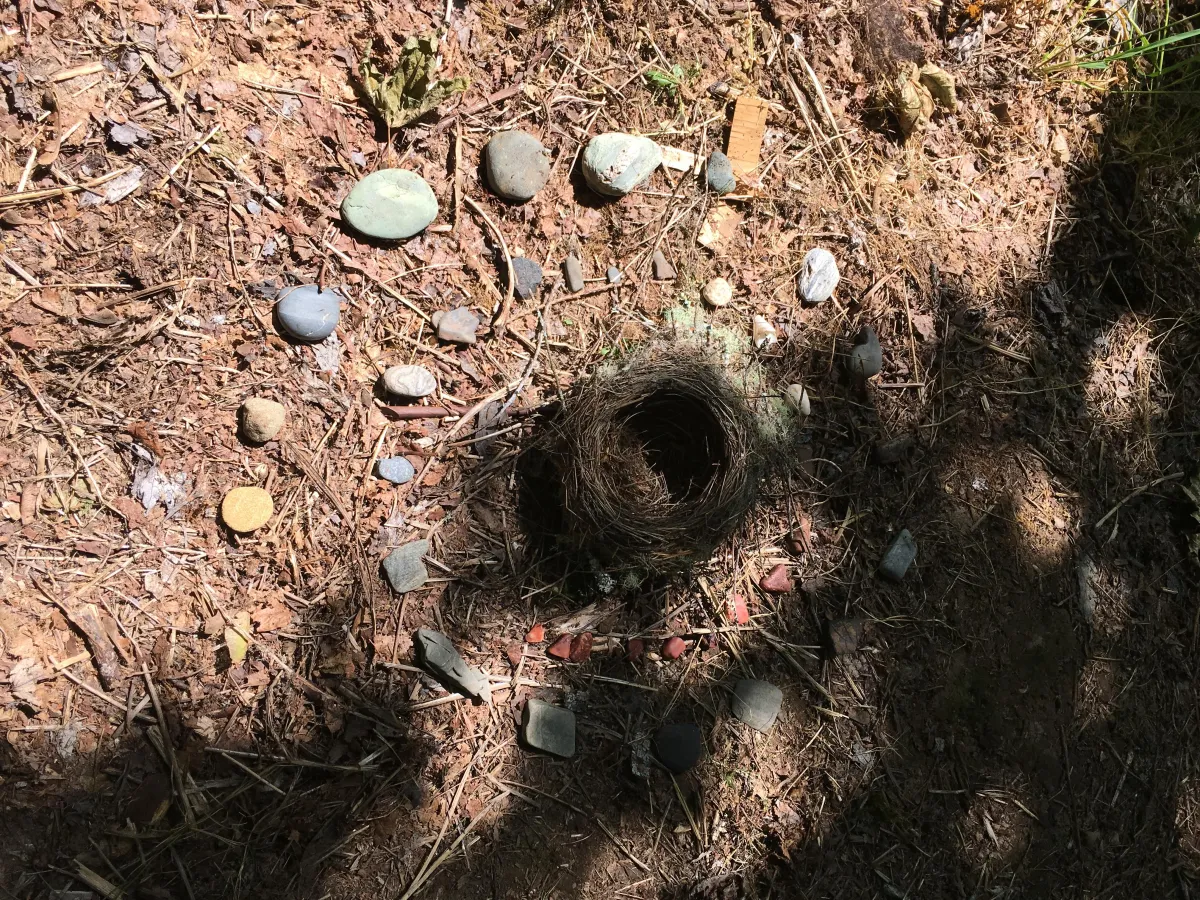FINDINGPOLARIS.ORG
Unlock the written & spoken language hidden in the wild
How to become smarter,
think faster, problem solve while increasing your memory by walking
15 minutes a day
Learn how animal tracking and listening to bird language allowed your ancestors to evolve higher senses, improve cognition and mental abilities by applying pattern recognition to stay alive and thrive in nature.
What I told you that you could increase your intelligence
Expand your memory capabilities
Enhance your ability to problem solve, while simultaneously thinking faster!
All from walking 15 minutes in nature.
This is all possible via an aspect called pattern recognition
Pattern recognition is a fascinating aspect of intelligence. Our brains are incredible at recognizing patterns in data, whether it's visual, auditory, or even abstract concepts.
As Wilderness Skills instructors and health and wellness advocates, we know many of our modern ailments and deficiencies stem from a disconnect with nature
Imagine getting a Ferrari but your stuck in traffic
That's modern humans today
We have the same brains and bodies as our ancestors
but we haven't kept up pace with their lifestyle
Consider the processing power needed to not get eaten, find food, have relationships and stay dry...
All while surviving in the forest.
By practicing animal tracking and bird language you are triggering the brain your ancestors evolved and using it to its full potential
Its the equivalent to having that Ferrari on a clear Highway with no traffic.
Animal tracking and bird language are ancient skills for reading the untold stories of wildlife on the land.
These two skills inherently teach people about their environment, with incredible detail and nuance, moment to moment.
At the core, animal tracking and bird language is about developing understanding of precisely how and why life in nature is intimately interconnected.
Inevitably, it directs one to have a complete understanding of how natural cycles function as a system- including plants, trees, birds, frogs, insects and energy through time and space. The perfect questions and observations to forever keep you a student!

Topics we will explore,
Animal Tracking:
Identification of animal track and sign for keying out species and individuals
Interpretation of gaits for distinguishing speed and direction
Aging, substrate, effects of weather and event sequencing to place activities in time
Ecological tracking to enable you to predict wildlife activity and understand ecological connections in different habitats
Trailing and backtracking procedures for finding animals
Observation techniques that help you locate and see more wildlife
Topics we will explore,
Bird Language:
Core routines of awareness for finding and observing birds
Audible Bird Language—the 5 Voices of the Birds
Bird Body Language—the Shapes of Alarm
Routines of Invisibility—minimizing the disturbance you cause in the woods
How, where, and when to develop a sit spot

Invaluable skills you'll develop and refine your entire life!
What important about Pattern Recognition?
Humans are naturally adept at pattern recognition from a very young age. It's a crucial aspect of cognitive development and helps us make sense of the world around us.
Pattern recognition is a fundamental component of problem-solving. By identifying recurring patterns, we can apply previous knowledge to new situations and make informed decisions.
The ability to recognize patterns likely provided an evolutionary advantage to early humans. It helped them identify food sources, predict weather patterns, and detect potential threats in their environment.
Humans excel at facial recognition, a specialized form of pattern recognition. We can quickly identify and remember faces, enabling social interactions and relationships.
Chess grandmasters showcase incredible pattern recognition skills. They can quickly assess a chessboard and recognize familiar patterns of positions and moves, allowing them to strategize effectively.
Pattern recognition plays a crucial role in language acquisition. As infants, we learn linguistic patterns by listening to the speech around us, which forms the basis for our language skills.
DETAILS:
JUNE 15, 2024 9-4pm
40$/participant, children & youth FREE
Sudbury, ON (exact location only shared with enrolled participants)
All additional details sent once registered.
We will be spending significant time outside regardless of the weather. We encourage you to be prepared for all types of weather and bring several layers (to stay warm and dry) so that you can be comfortable throughout the class.
To bring: Pencil, small journal/notepad, binoculars (optional) and small measuring tape (optional).
Facilities: No personal facilities for your use. No port-a-potties. No drinkable water taps.
Food: No meals are provided with this program. Please bring a sack lunch and snacks. We do not have any way for you to refrigerate or heat your food, so please plan accordingly.

Contact Us
Call us at: 705-662-5689
Mail us at: findingpolariswc@gmail.com
© 2024 Finding Polaris